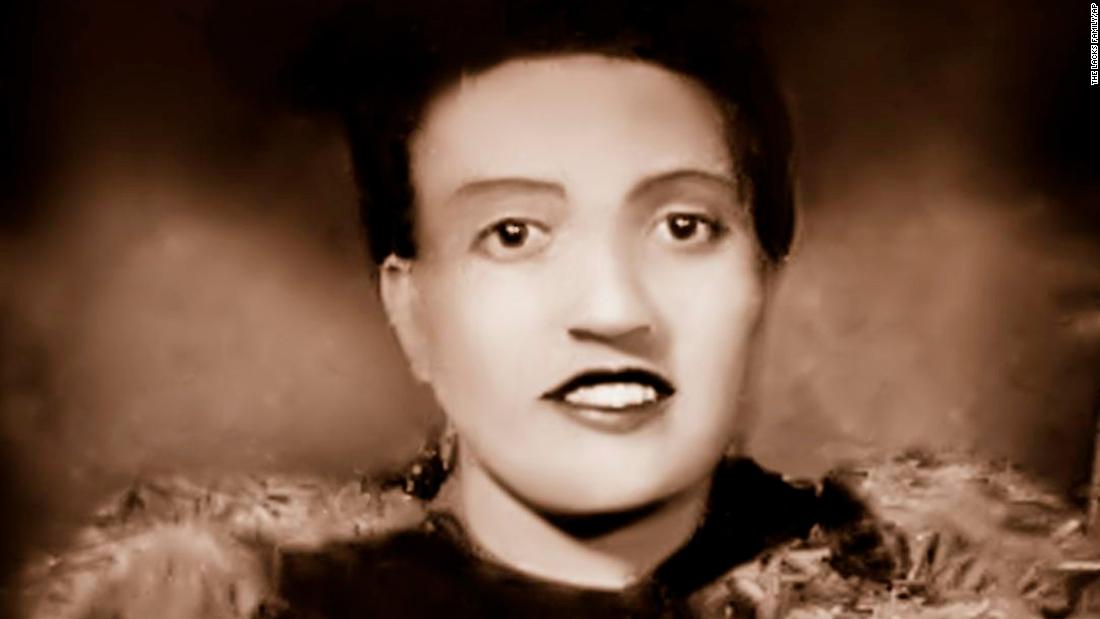
Oct 15, 2021
1 min, 9 secs
A surgeon removed cells from her cervix without her consent during a procedure and that sample enabled a doctor at the hospital to create the first human cell line to reproduce outside the body.The cell line, now known as HeLa cells, allowed scientists to experiment and create life-saving medicine including the polio vaccine, in-vitro fertilization and gene mapping as well as helped advance cancer and AIDS research.Lacks, 31, died that same year from cancer, but her influence on the medical science field lived on, leading to the WHO Director-General's award."In honouring Henrietta Lacks, WHO acknowledges the importance of reckoning with past scientific injustices, and advancing racial equity in health and science," Director-General Dr.
Lacks' tissue was taken from her without her consent by doctors at Johns Hopkins Hospital and a racially unjust medical system."
While the origin of HeLa cells was not clear for years, Lacks' story has become widely known in the 21st century.The US House of Representatives has recognized her nonconsensual contribution to cancer research, and John Hopkins holds an annual lecture series on her impact on medicine.
The lawsuit claims that with this wide recognition, there is no way that Thermo Fisher Scientific could say it didn't know the history behind its products containing HeLa cells and points to a page on the company's website that acknowledges the cells were taken without Lacks' consent.